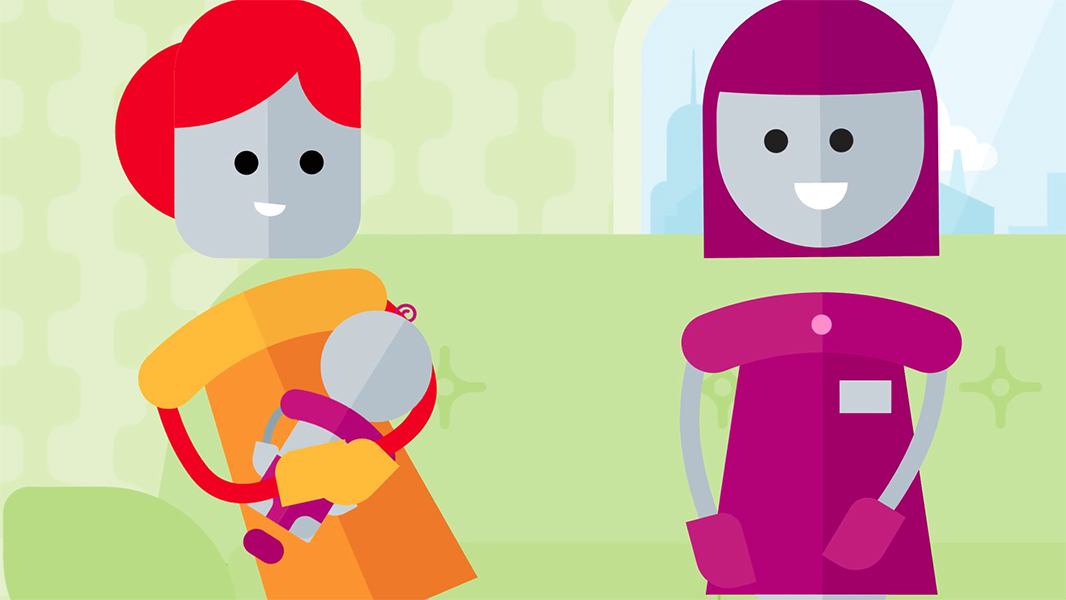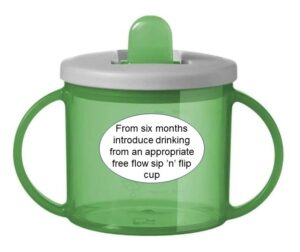
Whether you are breastfeeding or bottle feeding, the information on this page is designed to help and support your decision.
Before your baby arrives, it’s a good idea to start thinking about how you see yourself feeding your baby – this may not always go to plan and that can’t be helped, but having an idea of how you would like it to happen can be useful.
Breast milk is specially made for each individual baby by the mother, for the baby’s need at that time, with all the fluid (drink) and nutrition (food) a baby requires, with ongoing benefits after food is introduced from six months.
Mother’s milk is also packed with amazing antibodies which are really important in building your baby’s immune system. Those antibodies play an essential role in protecting your baby from many illnesses and reducing the risk of some illnesses later in life too. If you express and store your milk, or your baby receives donated breastmilk in the Neonatal Unit, no need to worry about the goodness, there continue to be huge benefits.
Breastfeeding has long term health benefits for mum too, as well as reducing environmental waste – it’s good for everyone and the planet!
But whether breast or bottle feeding, the best way forward is to feed your baby in response to their cues. This means that they will feed when they are hungry, which makes sure that they are getting the right amount for them and their development.
The more you get to know your baby the more you will learn to pick up their signals, such as when they are hungry and when they’ve had enough.
Bottles and cups

From six months introduce drinking from an appropriate free flow sip ’n’ flip cup and from age one, a bottle should be discouraged. Avoid ‘valve cups’ and ‘anyway up’ cups as a baby must suck very hard which has the same effect as a baby bottle. Move from a lidded cup to an ‘open cup’ as soon as your child can safely handle one.





